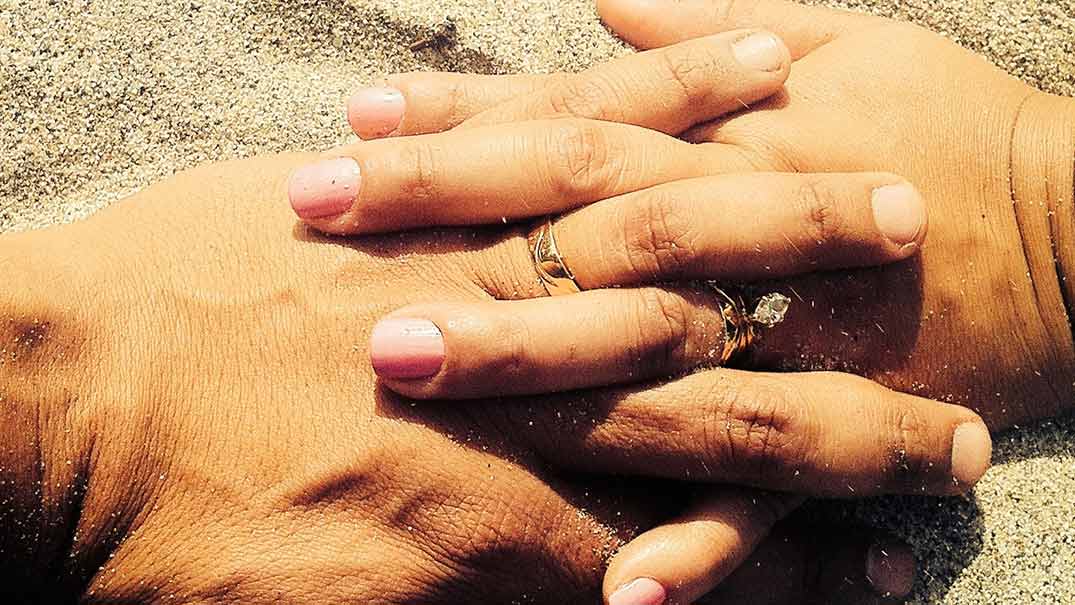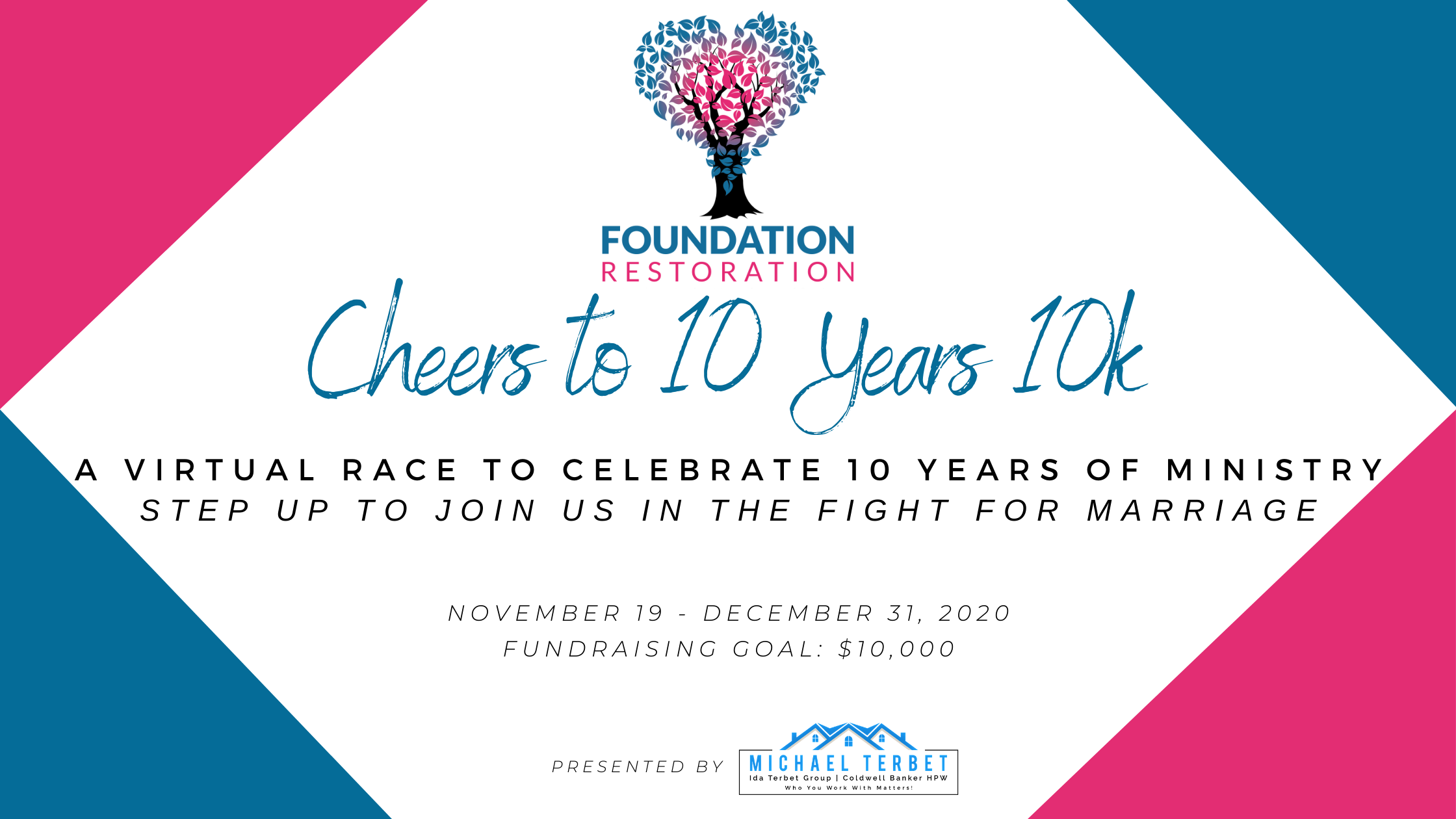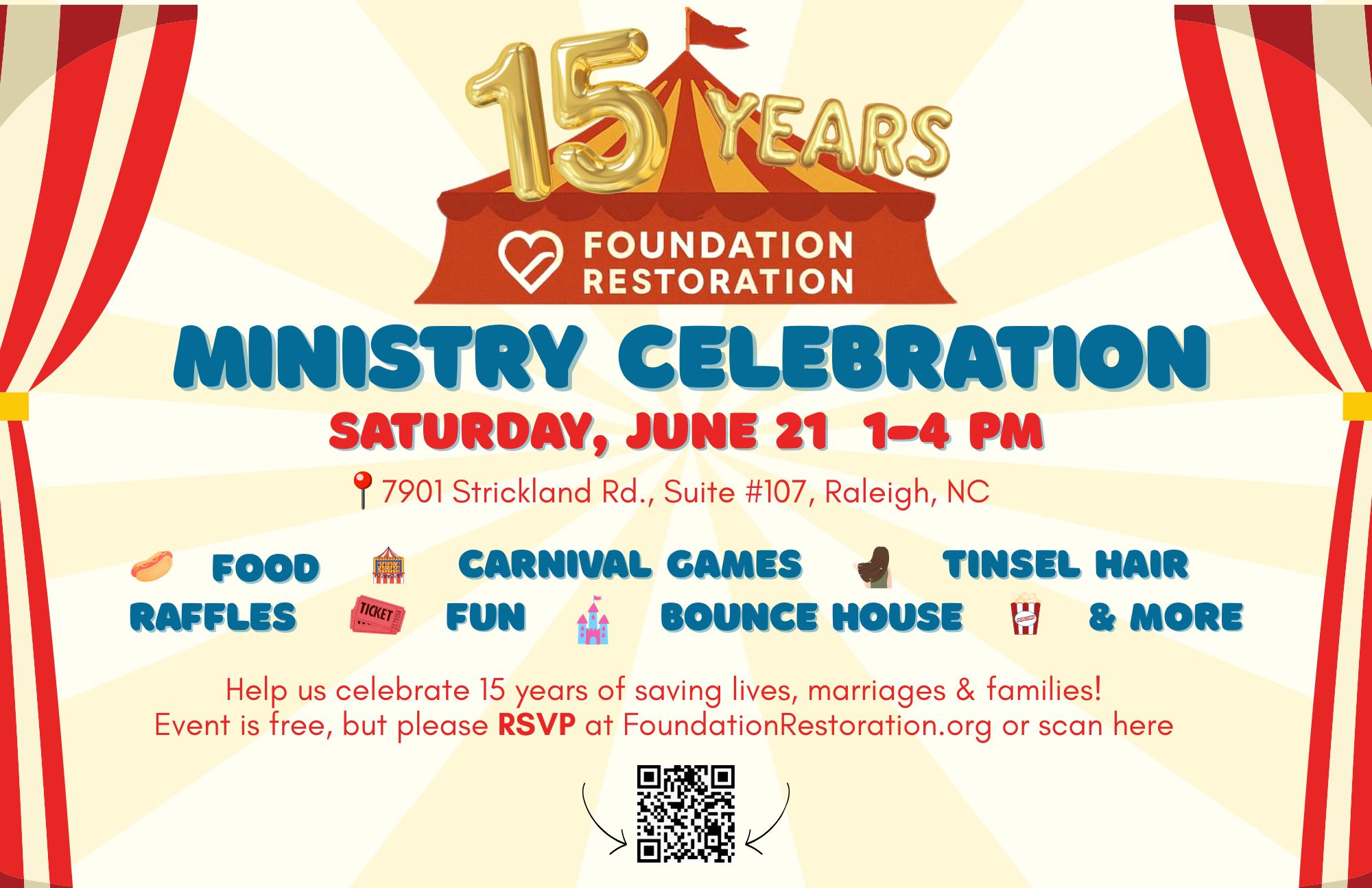By Ashley McIlwain
If someone were to keep a running list of all of my mistakes and missteps during my life, they would need the world’s largest notebook and a tenacious writing hand. The truth is I screw up all of the time and have since I can remember. Constantly, I battle between what I should and shouldn’t do, what I know to be right and what’s easiest, maintaining self-control and losing it, making wise choices and being irresponsible. My human nature is always luring me into its sinful ways whether it be a reckless word or a harmful action. And I know I’m not the only one.
A battle constantly wages between our flesh and spirit. Galatians 5:17 tells us, “For the sinful nature desires what is contrary to the Spirit, and the Spirit what is contrary to the sinful nature. They are in conflict with each other …” Because of this constant conflict, we must consistently go against our human nature to pursue the fruit of the Spirit which is love, joy, peace, patience, kindness, goodness, faithfulness, gentleness, and self-control (Galatians 6:22-23).
While we all do our best with the help of the Holy Spirit to accomplish this, there are times that our human nature wins out. We lash out in anger at our spouse saying destructive and hurtful things. We allow ourselves to entertain an impure thought. We find ourselves making idols of the blessings God’s given us. Whatever it is, we are all prone to wonder, to go wayward.
Then what?
Well, that’s where grace and forgiveness enter the scene. God knew that we were not capable of living a perfect, sin-free life. That’s why He sent us His only Son to suffer death on the cross, so that He could pay the penalty for our sins and defeat death itself through His resurrection. As a result we are offered undeserved grace and forgiveness. All we have to do is repent. 1 John 1:8-9 explains, “If we claim to be without sin, we deceive ourselves and the truth is not in us. If we confess our sins, He is faithful and just and will forgive us our sins and purify us from all unrighteousness.”
Like a get out of jail free card, Jesus paid the ultimate price when we were least deserving to give us the ultimate escape from all penalty and God’s wrath. If we can truly grasp hold of this truth, it shifts our outlook on other’s missteps, especially our spouse whom we have entered a sacred covenant with to love and cherish through anything and everything until death do us part.
When we take a second to examine how God has been so gracious to us in our shortcomings, how can we then not extend that to our husband or wife? Sure it doesn’t necessarily eliminate the pang of hurt from their actions, but it certainly limits the amount of damage you allow it to do to you and your marriage. You see, that’s why Satan loves sin. It not only separates us from God, but it divides us from our loved ones. As a child of God, you cannot allow Satan to get a foothold, even if you weren’t the one to commit the offense. When you choose to demand justice instead of extending grace to your spouse, you are then also guilty. Colossians 3:13 commands us to, “Bear with each other and forgive one another if any of you has a grievance against someone. Forgive as the Lord forgave you.”
Matthew 6:15 paints an even more serious picture when we are told, “But if you do not forgive others their sins, your Father will not forgive your sins.” Forgiveness and grace aren’t optional. Nor should we want them to be. It is by grace that we have been saved, and knowing that, we should be the first to offer grace.
Many marriages end over one spouse holding a grudge against the other. They demand justice and point the finger waving it in the face of their spouse. Like a prosecuting attorney in a heated case, the spouse spews out an argument to mount their case against their husband or wife. But wait …
Are you perfect? Have you never hurt your husband or wife? Have you never faltered or needed their forgiveness? Before you begin explaining how your offenses don’t compare to his or hers, let me just say this, you’re divisive, accusatory, and cruel attack on your spouse is far from evidence of this innocence and higher ground you’re claiming for yourself.
Stop pointing the finger and reach out a hand to your spouse. Holding a grudge, denying forgiveness and grace to your spouse is oftentimes more destructive than the offense itself ever could be. There’s a reason God tells us to forgive as He has forgiven … because in forgiveness is freedom. Freedom from carrying around the offense and the need to somehow rectify it. When we cling to our wounds, we are allowing them to linger instead of heal.

Is this easy? To freely extend grace and forgiveness when we are so hurt and wounded? No! Everything in us wants to say, “But, but, but …” I get it. I’ve been there myself in various relationships and friendships thinking retribution would bring healing, but the truth is that forgiveness is the only thing that can bring healing … to you and your offender. And Lord knows I have needed that same forgiveness and grace extended to me on countless occasions if I’m being honest.
How do you forgive? Especially when what has happened feels unforgivable?
First, realize that forgiveness doesn’t mean you’re excusing or ignoring the offense. It simply means you’re not allowing it to continue to hurt you. True, the healing process may take a while, but it begins with forgiveness. Secondly, ask God to help you. God knows that we need His help to do this, and all you have to do is ask. Each time you feel the pull to be bitter, angry, and seek justice, ask Him to bring you peace and allow you to forgive. He is faithful. Third, remind yourself that forgiveness is non-negotiable. Christ commanded us to forgive because He forgave us freely. You are not without sin, so how can you cast the first stone? We’ve been given grace to give grace.
Extending grace to your spouse and offering forgiveness for their failures and faults is the beginning of healing. The gift of forgiveness is as much for you as it is them. Stop carrying around the weight of bitterness, anger, and resentment, and enjoy the peace and rest that comes from grace freely given. Your spouse is not perfect, and neither are you. Every marriage needs a daily dose of grace and forgiveness. As Ruth Graham puts it, “A good marriage is made of two good forgivers.”
Copyright © 2013, Foundation Restoration. ALL RIGHTS RESERVED. No reproduction allowed without written permission from Foundation Restoration and/or the author.






Forgiveness certainly seems like a lost art these days. This is such great insight to continually love our spouse as Christ loves us.
Anonymous, yes it can be a lost art sadly. Thanks for the encouragement!
In my head, I get this. How do I convince myself to forgive my husband’s infidelity? How do I wrap my head around his willingness to destroy a family, wife, and marriage? I get the forgiveness, I do. It’s the how.
Betrayed, the how is certainly the challenging part. It takes time, prayer, and patience. Sometimes it requires professional help because the how can be so difficult. Especially when there is infidelity that you are willing to work through; I would recommend working with a professional because of the difficulty of reestablishing trust. Praying God guides you through the process of healing, forgiving, and rebuilding your marriage and family!
This is another amazing article Ashley, one I have learned from to say the very least. As I can see so often unforgiveness on our part is worse then the actual act that the other has done against us. I know of a lady that hasn’t forgiven her husband in 28 years. She has destructively corrupt their Sons,their grandchildren, family and friends have all been destroyed by her hate and words. Now tell me who has done more harm and needs more forgiveness? God help us! She sees none of this….and believes it is all his sin and continues daily in this hateful actions, thinking and speaking. This article is indeed is an eye opener and I hope she and many others that suffer from unforgiveness read it.
Connie, thanks for the encouragement and for sharing! It’s true that we are often blinded by our unforgiveness. We develop the inability to see our own sin because we are so concerned with that of someone else. This can lead to the justification of committing much worse, long-term, and widespread hatred, sin, and destruction. Reminds me of Matthew 7:3-5. Thank you for sharing!
I saved this so I could read it when I really had time to take it all in. Great article. I have heard it said that you give an apology to help the person you hurt, but you give forgiveness to help yourself after a hurt. I agree with that, but you took it a step further to point out the bigger picture…forgiveness is for yourself AND your partner in order to allow healing to take place within the relationship.
Delta, I really like that saying about an apology and forgiveness! So true! Yes, forgiveness is about healing for all — you, the “offender”, and the relationship! Thanks for the feedback!